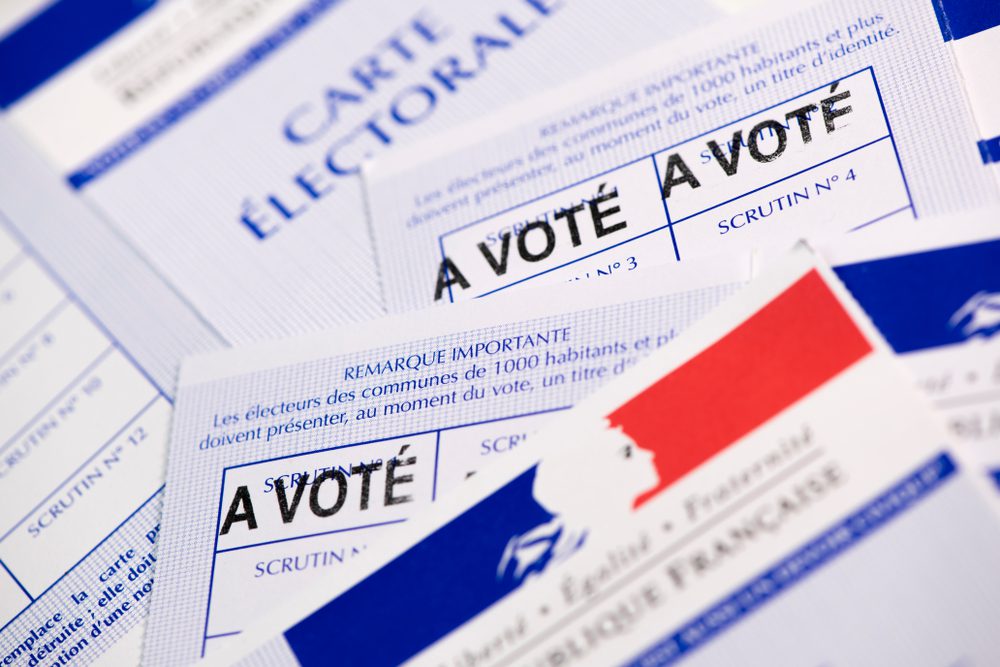
President Macron believes a series of referenda next year could finally decide the fate of the most divisive issues that the fractured French Parliament—lacking a clear, working majority—seems to be unable to resolve. It remains unclear which issues would get the green light.
The French president invited the heads of all political parties represented in the National Assembly to an informal working dinner on Wednesday, August 30th, to discuss ways to move forward with problematic legislation and bypass the political deadlocks around them, the French daily Le Monde reported.
“Faced with major geopolitical, climatic and technological upheavals … we must try to act together,” President Macron wrote in his invitation letter to the party leaders, stressing the need to discuss “the effectiveness of public action” and launching institutional reforms.
The event makes good on Marcon’s promise from earlier this month to take a “major political initiative” by launching a “cycle of discussions” in order to eventually “make a nation” out of the current fragmentation in French politics.
Therefore, the president even suggested the possibility of referenda, which are quite a rare occurrence in France, as the last one was held nearly two decades ago and it was to consider the question of the European Constitution.
According to Le Monde, however, most of the 11 party leaders and seven other participants rejected the idea of consulting the French public, suspecting that the results would only favor Macron’s liberal Renaissance (RE) party.
The President of the National Assembly, herself a member of RE, said she was supportive of organizing referenda on compulsory military service and the constitutionality of assisted dying, but the MEP Stéphane Séjourné, the current head of the party, dismissed the possibility of any votes before next years European elections on June 9th.
Macron did not specify which questions he would like to put to a vote, but his spokesman, Olivier Véran, indicated that if Parliament were to agree on a list, they could be held together, under a single “preferendum.” Later, however, the President contradicted him, saying there were no plans to bundle together any of the possible votes.
Despite protests from the mainstream, the meeting—which was organized in this format for the first time in decades—was open to the representatives of the full parliamentary spectrum, including the radical Left (Melenchon’s LFI) and the sovereigntist Right (Le Pen’s National Rally).
As expected, the two groups had their own separate proposals for referenda, neither of which found too much sympathy from the government. The LFI-led leftist coalition NUPES called for a vote on the pension reform, while National Rally (NR) President Jordan Bardella proposed a referendum on migration.
“The urgency of the situation calls for a consultation of the French people … on our immigration policy, containing all the measures to regain control of it,” Bardella wrote to Macron ahead of the meeting, adding that:
There can be no national and republican upsurge without an awareness of the dangers of immigration of [sic] settlement and without a complete change in this policy, towards more firmness, requirement, and control.
In his response, French Interior Minister Gérald Darmanin categorically rejected any possibility of a referendum on migration. However, according to Éric Clotti, the leader of the centrist Le Républicains who joined the NR in advocating for an immigration vote, the idea must be pursued further, even if the outcome of such a referendum remains uncertain.
In the end, most party leaders were disappointed by the meeting, which—after 12 hours of negotiations—ended without any concrete results, as no agreements were reached on either legislation or any of the proposed referenda. The participants, however, agreed to make this format a regular occurrence until most of its goals are met.
